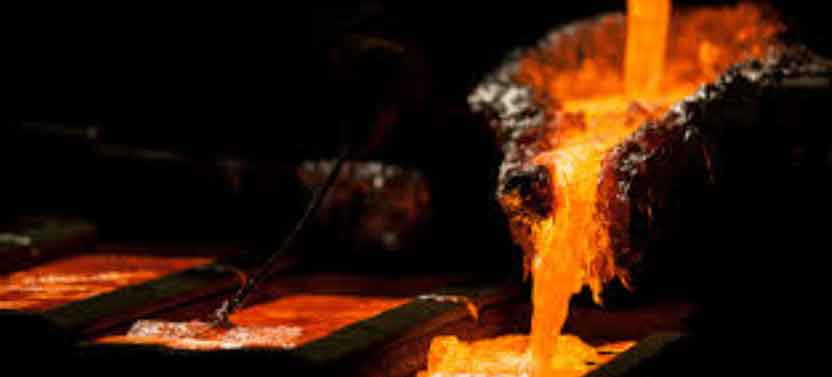
In recent years, the China casting industry has placed increasing emphasis on sustainable practices and environmental considerations. Recognizing the importance of environmental stewardship and the global trend towards sustainability, Chinese foundries have taken steps to mitigate their environmental impact and promote greener manufacturing. Here are some key aspects of sustainable practices and environmental considerations in the China casting industry:
Energy Efficiency and Conservation:
Chinese foundries have implemented measures to improve energy efficiency and conserve resources. This includes upgrading equipment and machinery to more energy-efficient models, optimizing production processes to reduce energy consumption, and implementing energy management systems. By adopting these practices, foundries aim to minimize their carbon footprint and reduce overall energy consumption.
Emission Reduction and Pollution Control:
Efforts to reduce emissions and control pollution have been a priority in the China casting industry. Foundries have invested in advanced emission control technologies, such as air filtration systems and waste gas treatment facilities, to minimize the release of pollutants into the atmosphere. Stricter regulatory requirements and adherence to environmental standards have also contributed to improved emission management.
Waste Management and Recycling:
Chinese foundries have implemented waste management practices to minimize the generation of waste and promote recycling. This includes separating and recycling metal scraps, utilizing waste heat recovery systems, and implementing proper disposal methods for hazardous materials. By embracing waste reduction and recycling, foundries aim to minimize environmental impact and optimize resource utilization.
Water Conservation and Management:
Water is a valuable resource in casting processes, and Chinese foundries have taken steps to conserve and manage water effectively. Water recycling systems, efficient water usage practices, and wastewater treatment facilities have been implemented to minimize water consumption and ensure that wastewater meets environmental standards before discharge.
Green Material Selection:
Chinese foundries are increasingly focused on using environmentally friendly materials in casting processes. This includes exploring alternative materials with lower environmental impact, such as eco-friendly binders for sand casting or utilizing recycled materials. The shift towards greener material choices helps reduce the environmental footprint of the casting industry.
Regulatory Compliance and Certification:
Chinese foundries are required to comply with strict environmental regulations set by the government. Environmental protection laws and regulations are regularly updated and enforced to ensure sustainable practices. Many foundries obtain certifications such as ISO 14001, which demonstrate their commitment to environmental management systems and compliance with international standards.
Environmental Education and Awareness:
The China casting industry has also been proactive in promoting environmental education and awareness among its workforce. Training programs and initiatives are implemented to educate employees about environmental responsibilities and best practices. By fostering a culture of environmental consciousness, foundries aim to create a more sustainable and environmentally aware workforce.
These sustainable practices and environmental considerations in the China casting industry reflect the growing awareness of environmental challenges and the commitment to reducing the industry’s environmental impact. By adopting greener practices, Chinese foundries strive to align with global sustainability goals and meet the evolving expectations of customers and stakeholders for environmentally conscious manufacturing.
